House Democrats are putting up a unified front against a Republican election bill that insists on voters proving their citizenship.
This battle heats up as both sides draw lines in the sand, with Democrats pushing back hard against what they see as a restrictive move.
The SAVE Act Unpacked
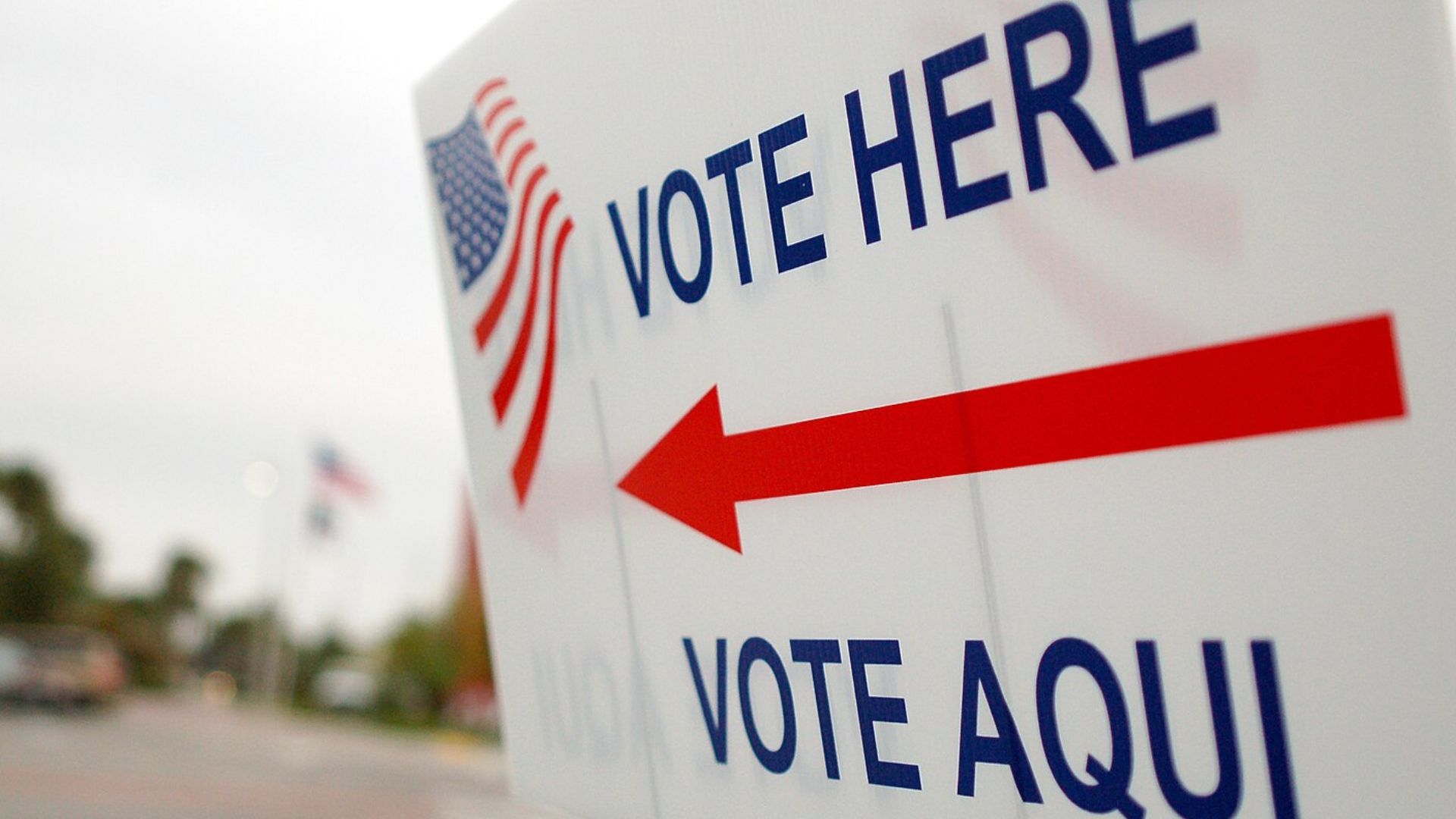
The GOP calls it the Safeguard American Voter Eligibility Act, aiming to amend the National Voter Registration Act.
Their goal? Make sure every voter proves they’re American before casting a ballot, stirring a fiery debate on voter rights.
Democratic Resistance Heats Up
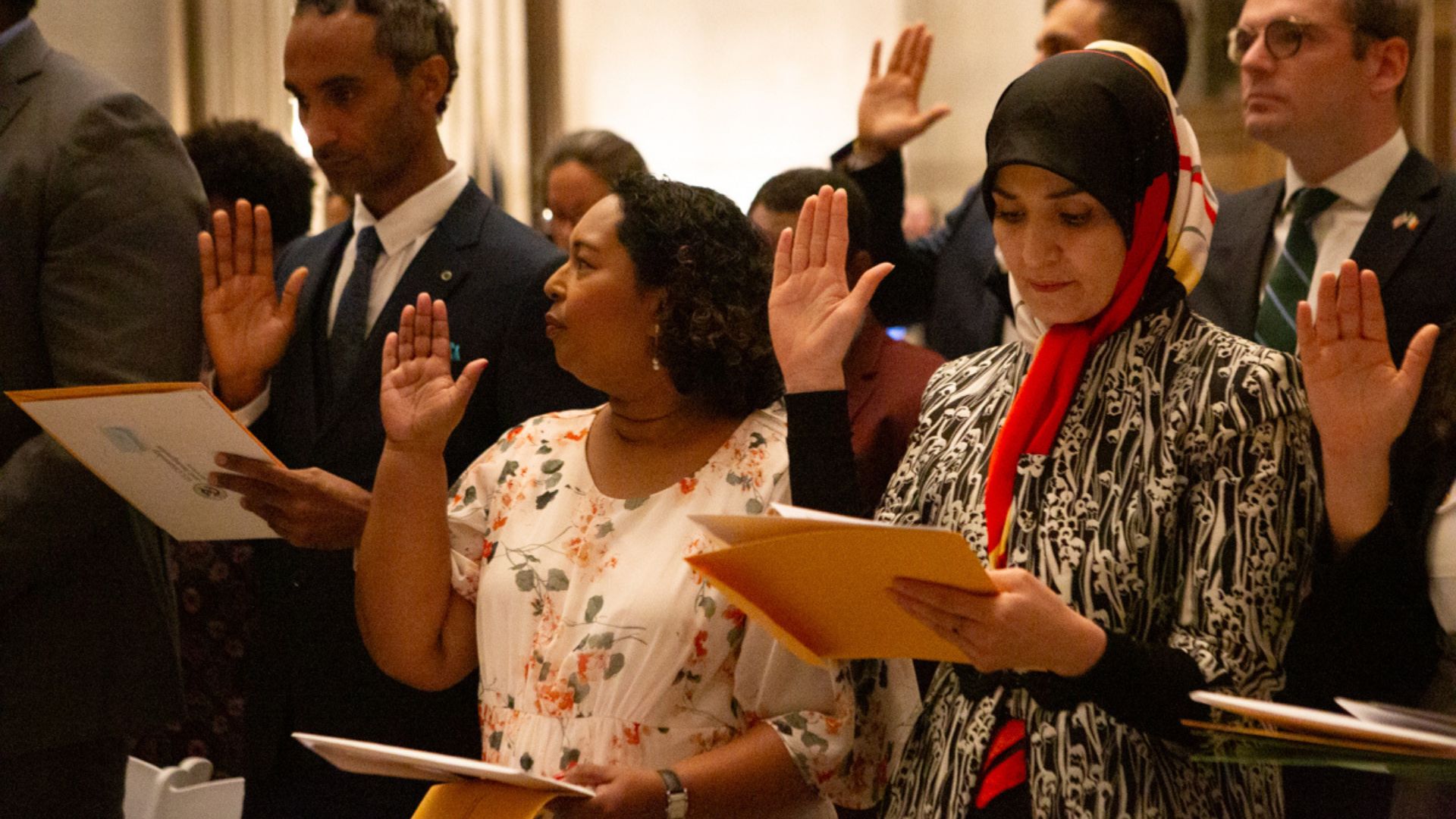
Democratic leaders are not holding back, urging a strong “NO” vote against the bill, calling it a massive overreach that could disenfranchise countless voters.
They argue it puts undue stress on Americans just trying to exercise their rights.
“No Evidence” Claim Fuels Controversy
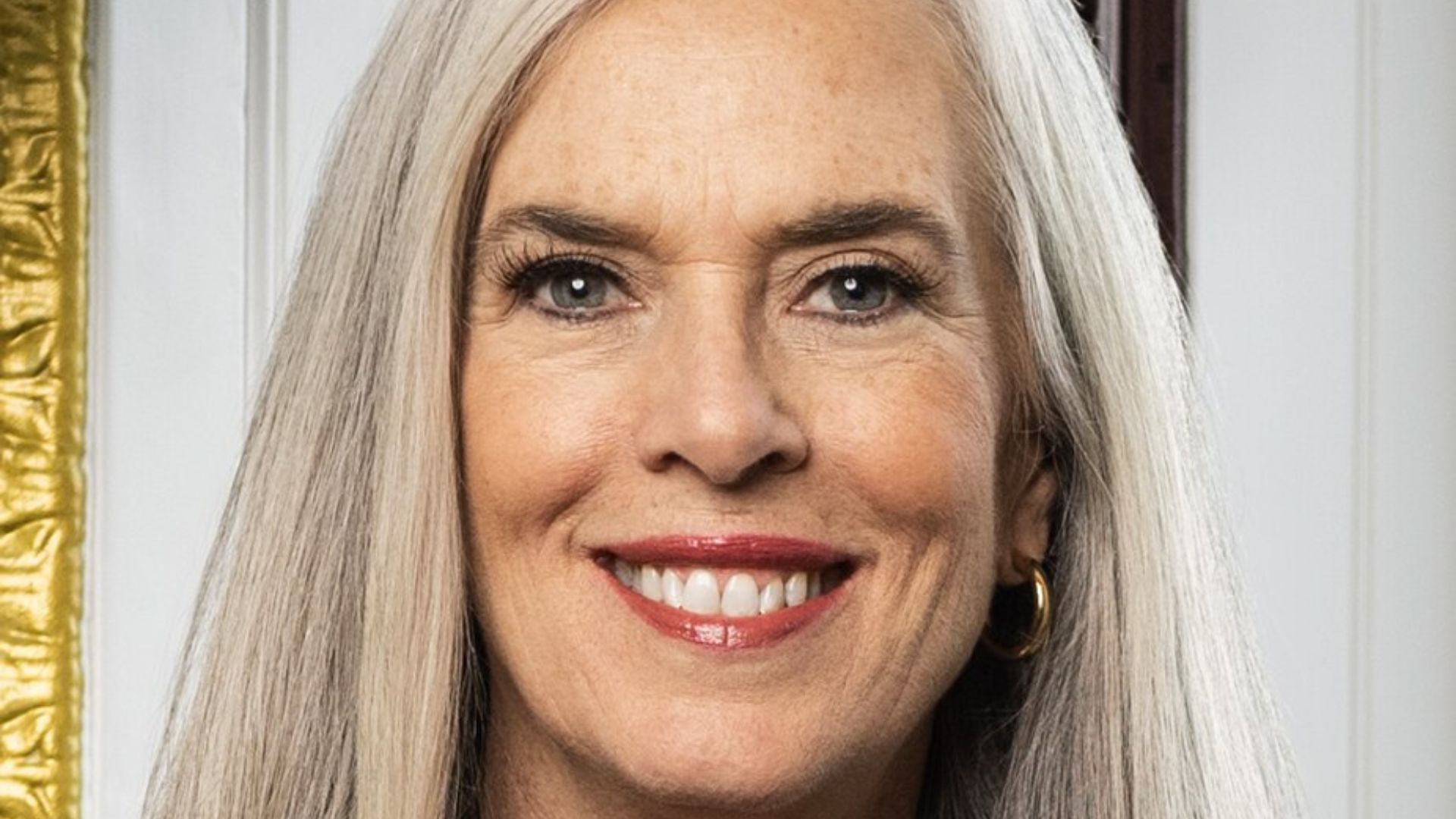
The office of House Minority Whip Katherine Clark pointed out the lack of evidence supporting widespread voter fraud, which this bill aims to combat.
Critics argue it’s a solution in search of a problem, exacerbating partisan tensions.
GOP Pushes Forward
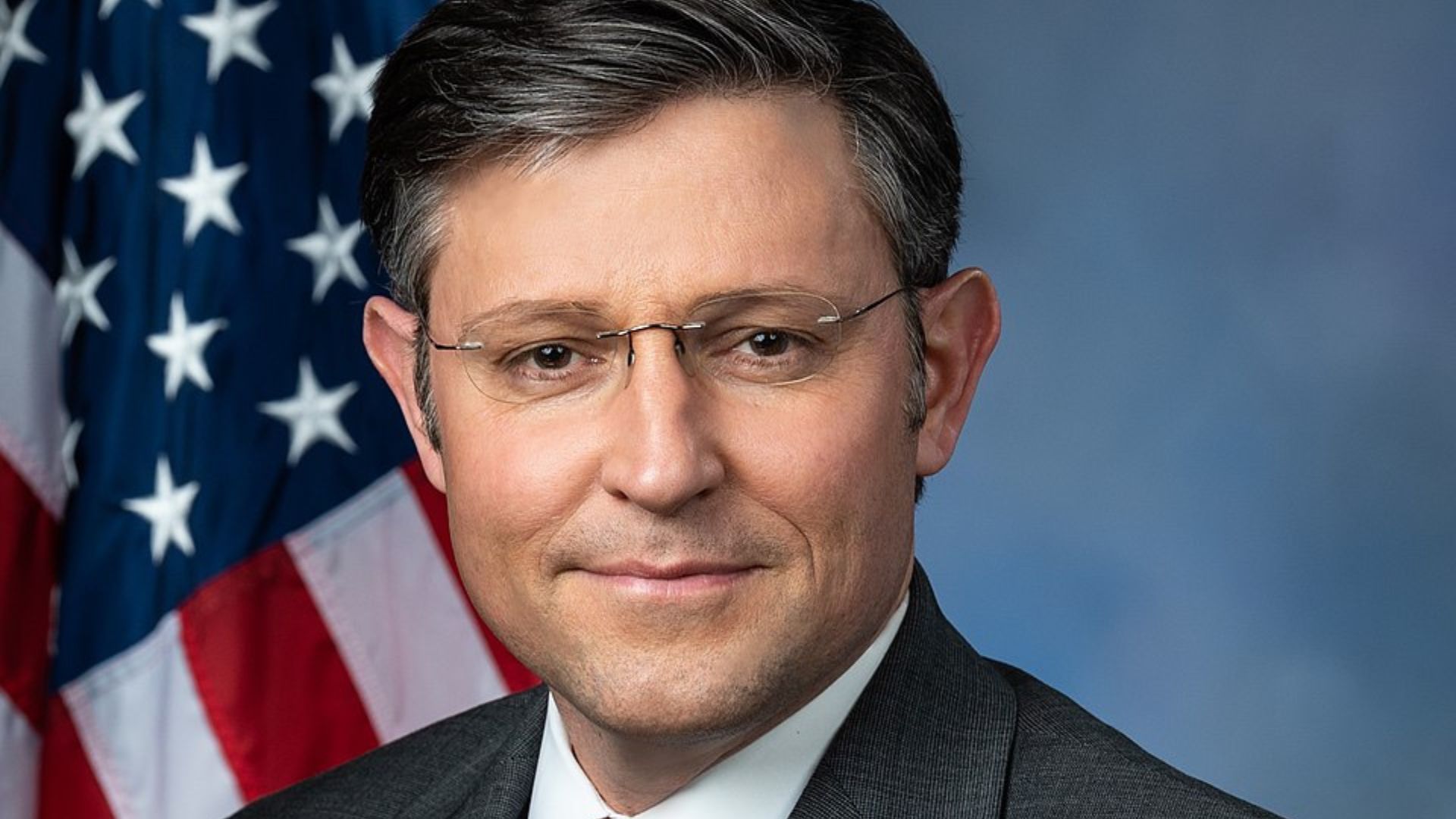
On the flip side, House Republicans, led by Speaker Mike Johnson, are championing the SAVE Act as a necessary step to secure federal elections.
They aim to ensure only citizens vote, as they increase their push ahead of the vote.
Detailed Provisions Stir Debate

The proposed legislation would require a plethora of IDs and documents for voter registration, from passports to military IDs.
This move has sparked a broad discussion on accessibility and the right to vote.
Chip Roy’s Staunch Support
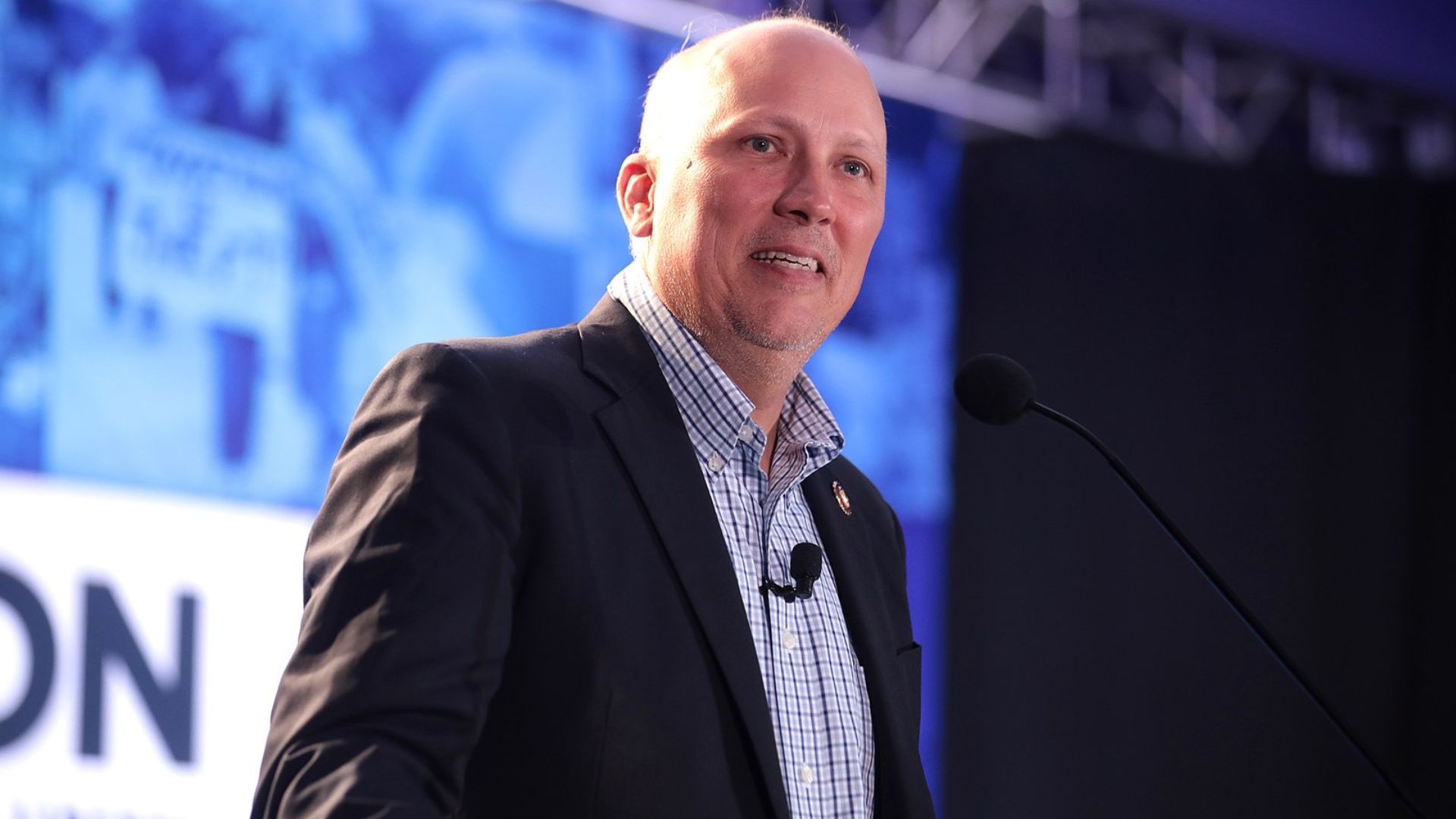
Introduced by Republican Texas Rep. Chip Roy, the bill enjoys solid backing from GOP lawmakers.
Roy, alongside other Republicans, argues it’s vital for securing elections against non-citizen votes.
Heavy Allegations and High Stakes
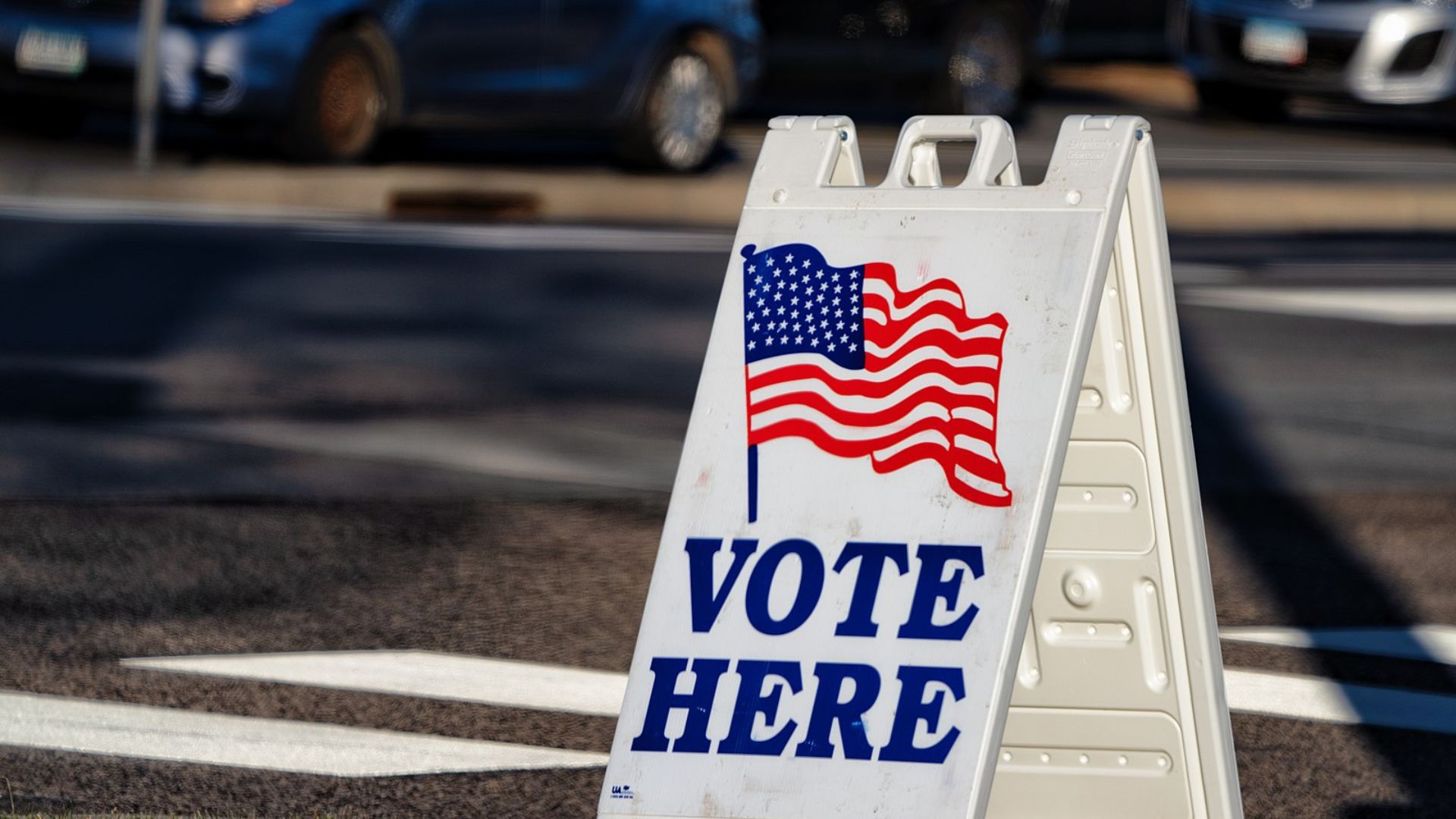
The bill’s proponents contend with alarming assertions—noncitizens voting in elections could undermine U.S. democracy.
A contentious point that continues to fuel heated debates across the political spectrum.
Musk Weighs In Controversially
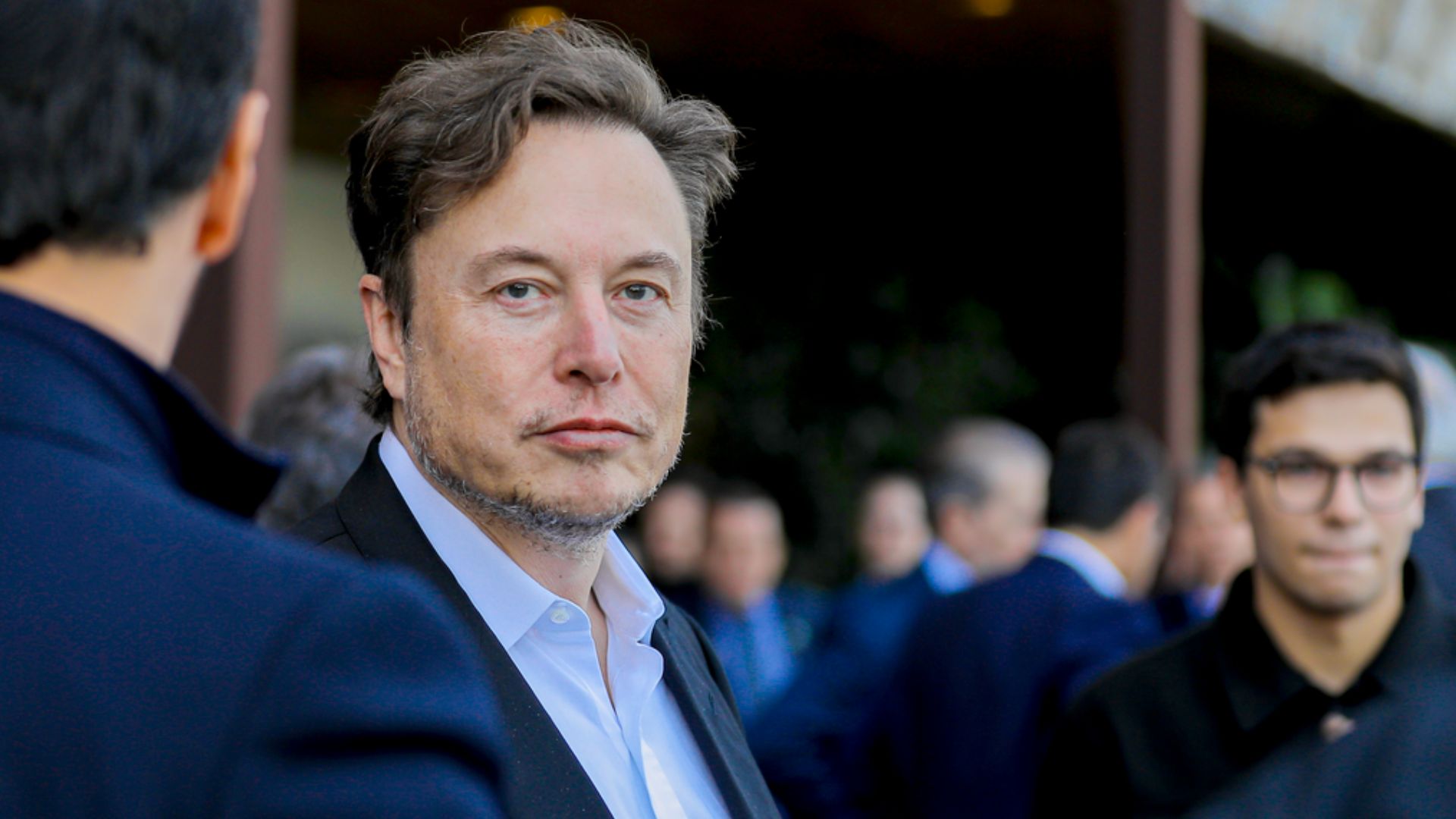
Tech billionaire Elon Musk chimed in controversially.
He called those who oppose the bill “traitors,” a term loaded with heavy legal implications, escalating the rhetoric around this already divisive issue.
Legal Penalties for “Traitors”
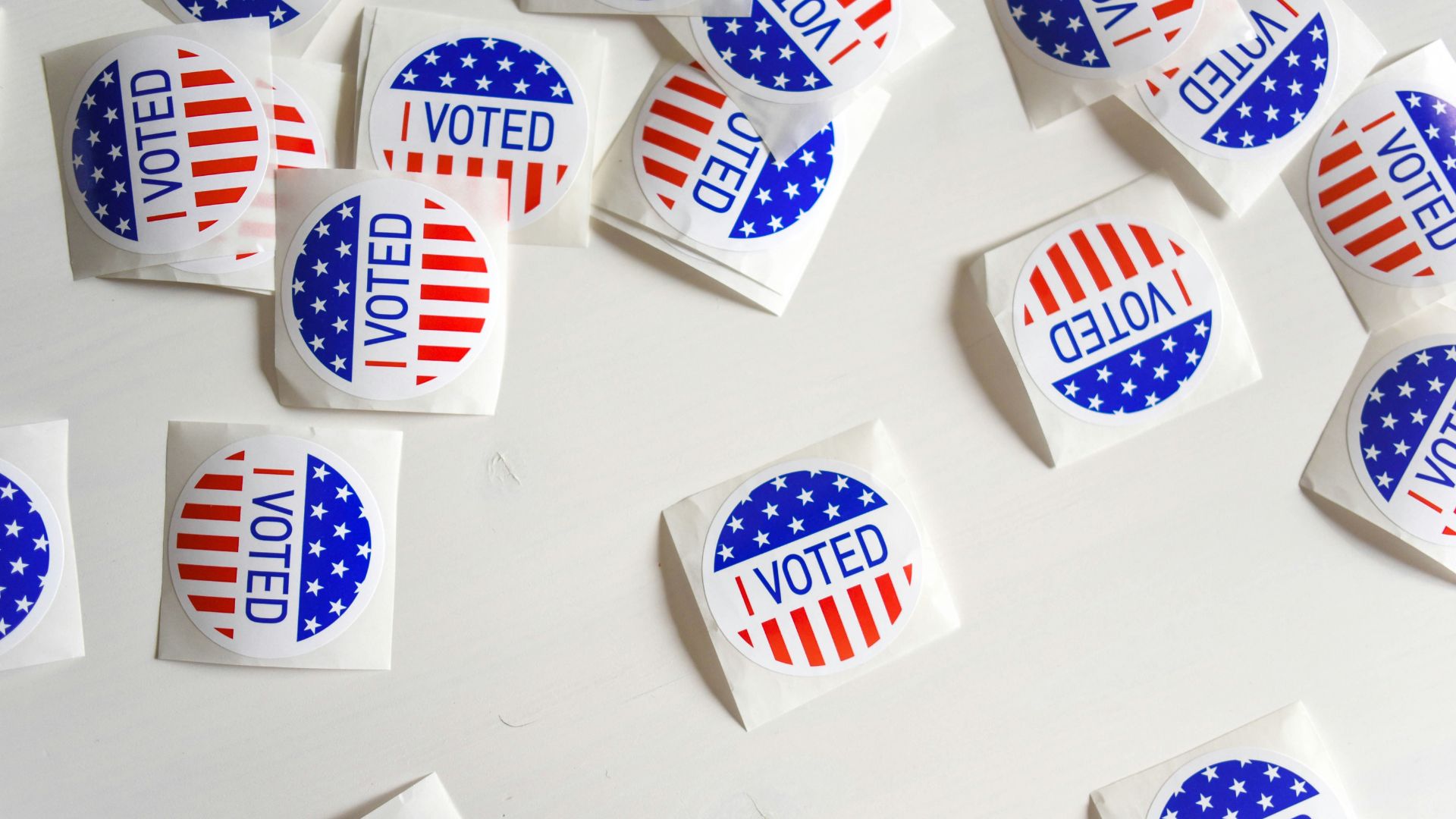
The U.S. Constitution prescribes severe penalties for treason, including death or imprisonment for no less than five years.
These penalties become relevant in light of comments like those made by Musk, although they apply only in cases legally adjudicated as treason.
Election Integrity vs. Voter Suppression
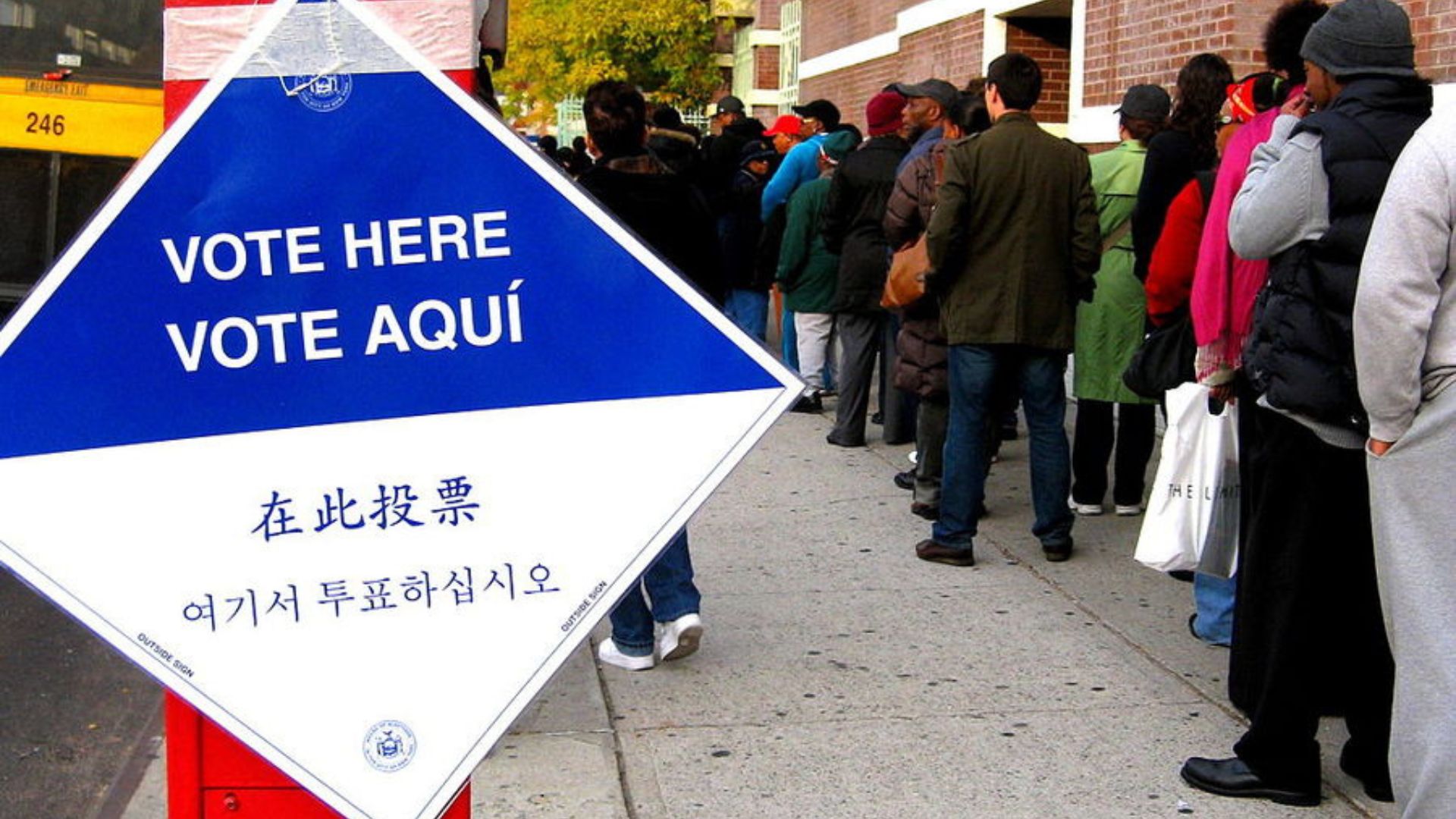
As the debate rages, the core issue remains: is this about protecting election integrity or suppressing voter turnout?
Each side offers starkly different views on what’s at stake in this legislative clash.
A Nation Divided
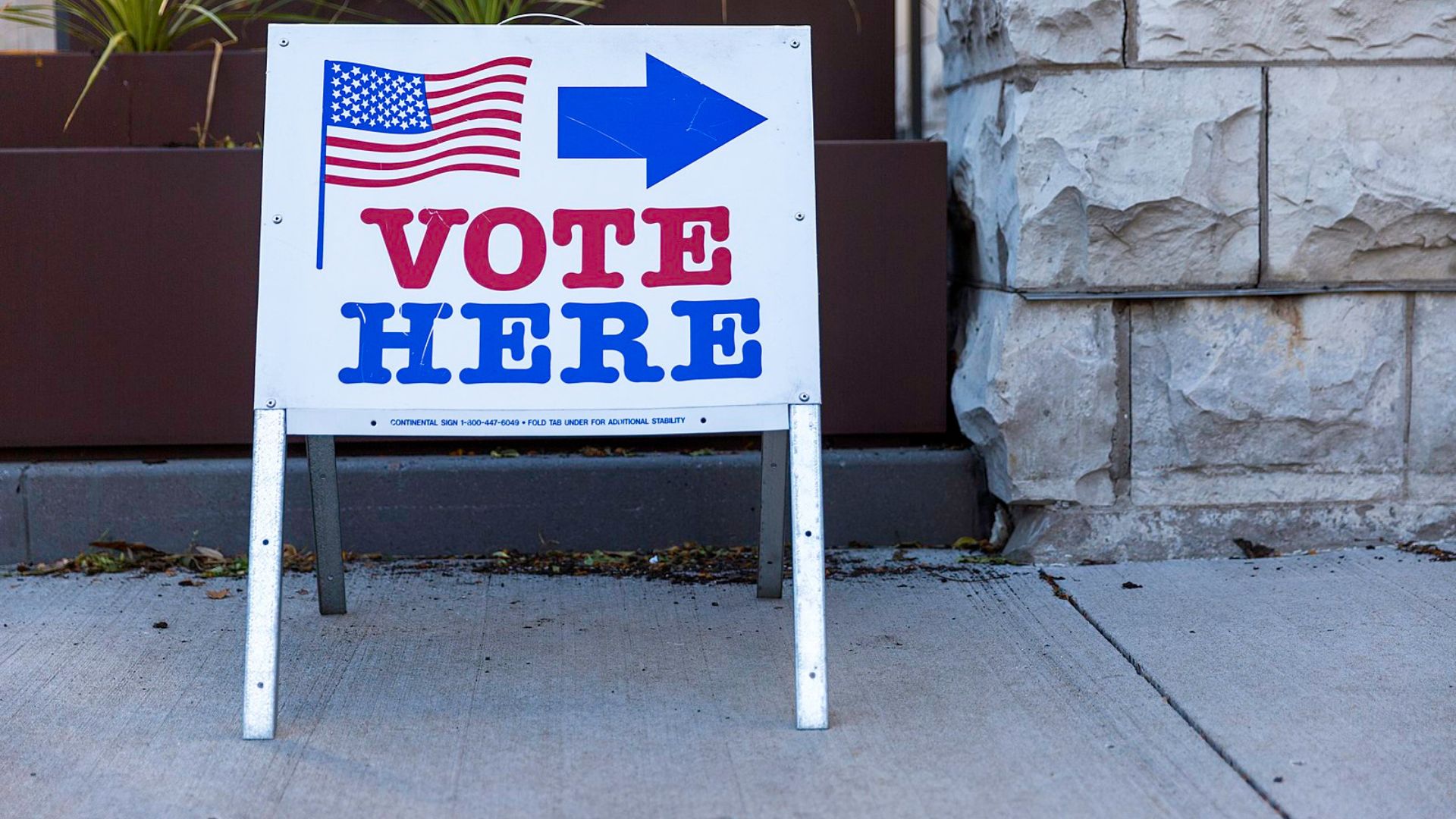
As America watches closely, this bill not only highlights the deep divisions within U.S. politics but also illustrates the ongoing challenges in balancing security with the fundamental right to vote.
How this will impact future elections remains a critical question for all.
